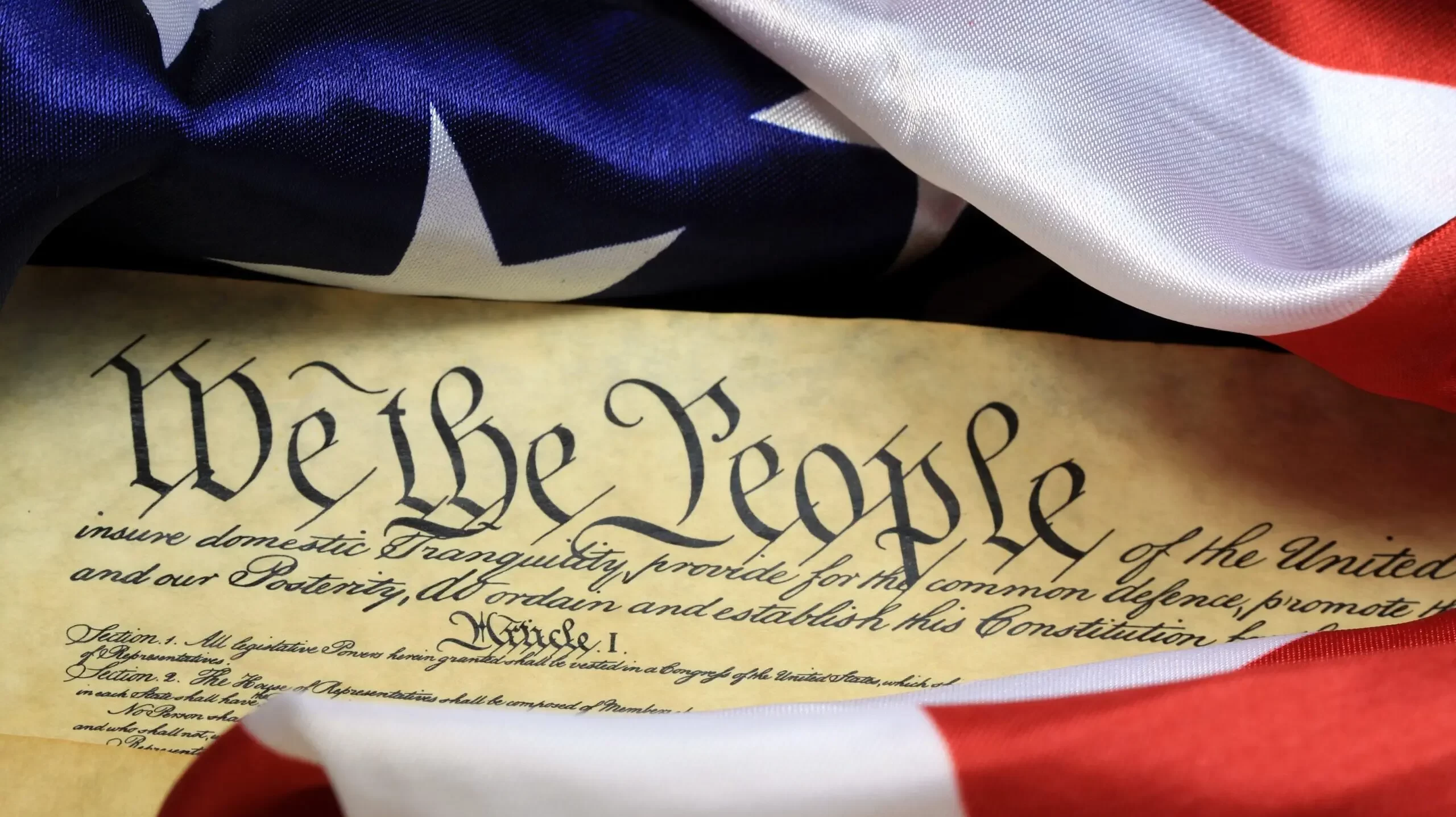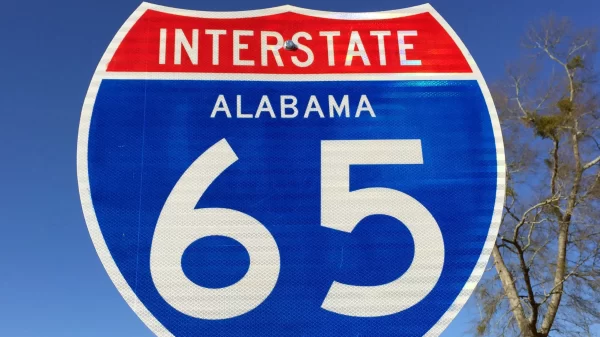Today, we celebrate the Declaration of Independence from the British Crown, an act imbued with sweeping and novel ideas of governing that have shaken the foundations of monarchies and authoritarian regimes around the world. But it is the Constitution of the United States that has given structure to this bold notion of self-government.
Like any product of the human mind, it is not without error — whether ideological, partisan, or even influenced by artificial intelligence. However, it is a document of Herculean consequences, brimming with profound wisdom. Crafted through negotiation and compromise by the men who fashioned it, the Constitution has been both improved and diminished by the various Supreme Court decisions that have reshaped it over nearly two and a half centuries.
The current Supreme Court’s majority subscribes to the idea of Originalism, a theory of interpreting the U.S. Constitution that holds it should be understood as it was at the time of its adoption. Is this a legitimate theory or merely a pretext for an ideological interpretation to give legitimacy to specific political agendas that would be foreign and unimaginable to the framers of the Constitution?
While I am not a legal scholar or intelligent enough to think through every permutation of law, I do possess what hopefully passes for common sense. Take, for example, the recent court ruling in Trump v. United States, which vastly expanded presidential immunity. The Constitution of the United States makes no reference to presidential immunity. The framers discussed it but didn’t include it in the final document due to divisions over whether such immunity should exist for any president. They did grant legislative immunity to members of Congress through the Speech or Debate Clause, but there is no explicit comparable grant for the president.
So, for me, it is difficult to see how the court decided Trump v. United States using an originalist interpretation.
Another method the courts have claimed to use to suss out the meaning of the Constitution is Textualism, “a mode of legal interpretation that focuses on the plain meaning of the text of a legal document. Textualism usually emphasizes how the terms in the Constitution would be understood by people at the time they were ratified, as well as the context in which those terms appear,” according to The Constitution Annotated.
But since presidential immunity doesn’t appear in the text of the Constitution, one would be hard-pressed to see how they arrived at such a broad interpretation of something that doesn’t appear in the text. Call me crazy.
Over the decades, it has been the courts that have determined and expanded the idea of presidential immunity, even though it is difficult to see how that fits neatly into originalist or textualist doctrines since it doesn’t exist in the Constitution. Am I missing something?
Perhaps this is all a product of the Constitution being written by AI. If you feed the U.S. Constitution into an AI detector like GPTZero, it finds whole sections of the Constitution to be written by artificial intelligence. Who knew that James Madison had such advanced technology at his disposal? But then again, this is not surprising since, according to GPTZero, the first chapter of Genesis in the Torah was written by AI, too.
Over the centuries, the court has taken unbridled authority unto itself. The court’s current makeup seems to want to go further to the right than any court in modern history.
“In overruling Roe v. Wade, the Court said that a right should be protected only if it is in the text of the Constitution or part of its history and is safeguarded by a long, unbroken tradition,” said Berkeley Law Dean Erwin Chemerinsky in an interview with Berkeley Law.
He also points out that Justice Clarence Thomas, in a concurring opinion in Dobbs v. Jackson Women’s Health Organization, “said that the Court should overrule Griswold and Obergefell and Lawrence v. Texas, which held that states cannot prohibit private consensual adult same-sex sexual activity. The implications for all of our rights of a Court committed to originalism are frightening.”
Griswold v. Connecticut (1965) was a landmark decision in which the Court ruled that the Constitution protects the liberty of married couples to use contraceptives without government restriction. Obergefell v. Hodges (2015) ruled that the fundamental right to marry is guaranteed to same-sex couples. Lawrence v. Texas (2003) ruled that state laws criminalizing sodomy between consenting adults are unconstitutional. Thomas always leaves out Loving v. Virginia (1967), which ruled that laws banning interracial marriage were unconstitutional.
Originalist, textualist, or inconvenient? Who knows.
None of this is to suggest there shouldn’t be some form of presidential immunity, but as Alexander Hamilton wrote in Federalist 69, presidents should “be liable to prosecution and punishment in the ordinary course of law.”
Independence Day is a day of celebration. It should also be a solemn day of reflection. Freedom is fragile and far too often subject to the whims of men and women.
Today, we honor the founding of our Republic. The question is always, “Can we keep it?”





















































